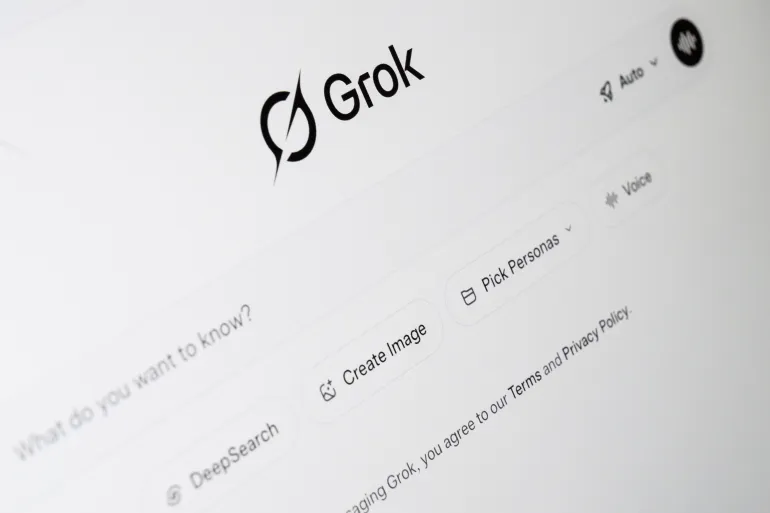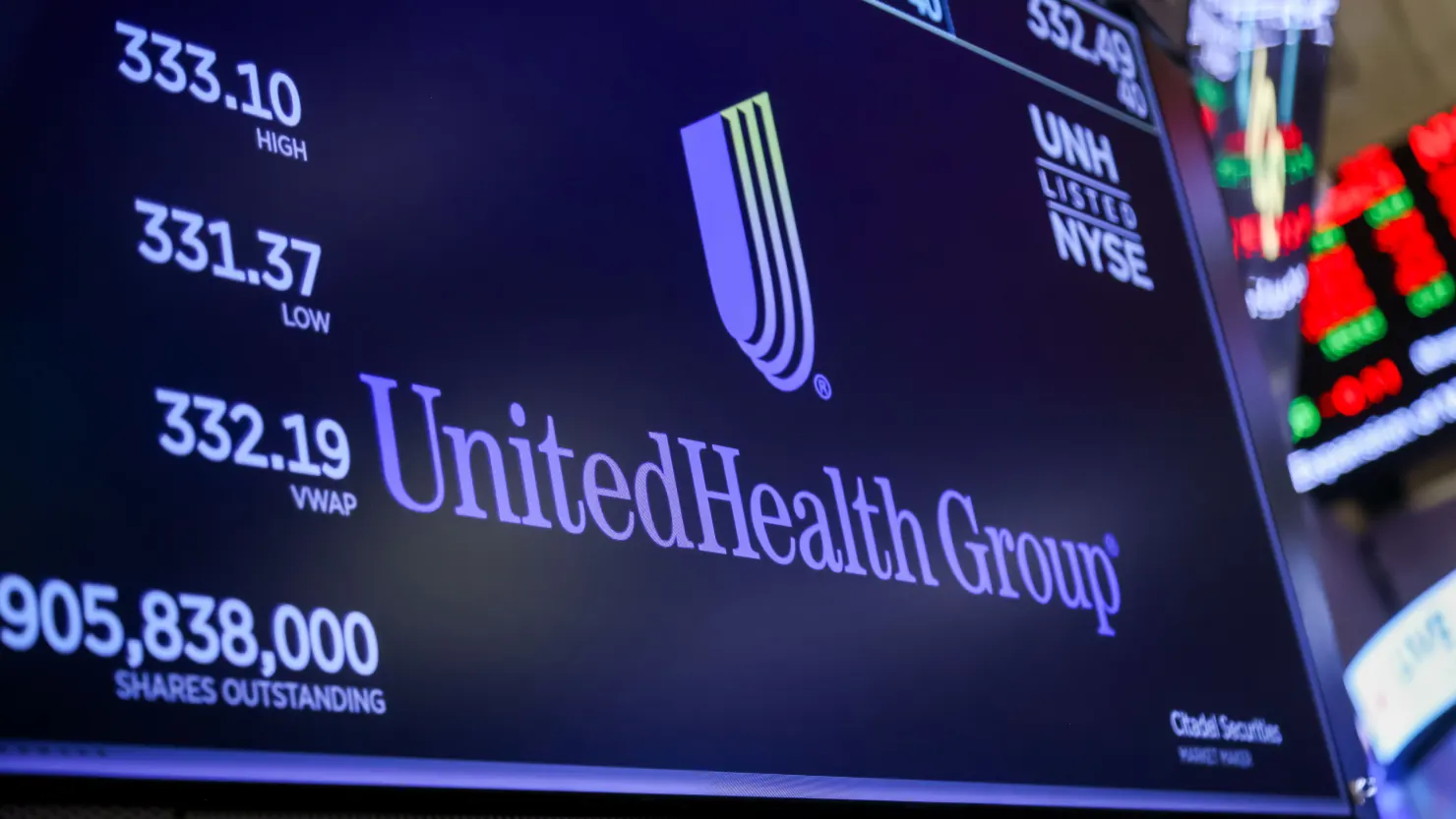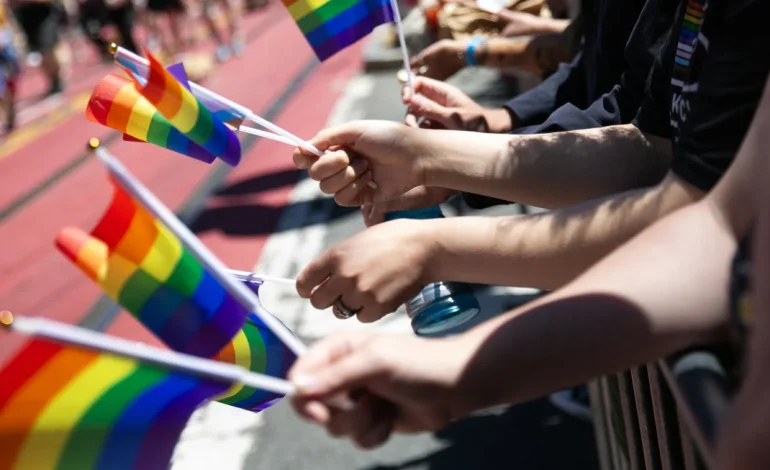In recent years, Pride Month has become a prominent marketing event for many major brands. Storefronts were often decorated with rainbow flags, LGBTQ-themed merchandise was placed front and center, and companies highlighted their support for LGBTQ rights through donations, events, and social media campaigns, CNN reports.
However, this June marks a noticeable shift: many corporations are adopting a quieter approach.
According to a recent survey by Gravity Research, 39% of over 200 corporate executives reported plans to scale back their public Pride Month initiatives in 2025. This includes reducing sponsorship of Pride events, limiting Pride-themed merchandise, and posting fewer public messages in support of LGBTQ rights.
Several factors are contributing to this retreat. A key concern is the political climate under President Donald Trump’s administration. Businesses are facing increased scrutiny from federal agencies over diversity, equity, and inclusion (DEI) programs. Some fear regulatory investigations and political backlash if they publicly support LGBTQ causes. Economic uncertainty, including worries about tariffs, is also leading companies to tighten advertising budgets.
Luke Hartig, president of Gravity Research, said the shift is directly linked to political pressures.
“It’s clear that the administration and their supporters are driving the change,” he said. “Companies are under increasing pressure not to engage and speak out on issues.”
The impact of previous consumer boycotts is also influencing corporate strategies. In 2023, Bud Light experienced a sharp drop in sales following backlash to a campaign featuring transgender influencer Dylan Mulvaney. Similarly, Target faced criticism and threats over its Pride-themed merchandise, leading to scaled-back displays and product removals. These incidents appear to have had a chilling effect, prompting many businesses to be more cautious in 2025.
Target, for example, is offering a smaller Pride product selection in select stores this year, while continuing to sell a broader range online. Internally, the company is still hosting events and supporting its LGBTQ employees, but public-facing efforts have been reduced.
Other brands have followed suit. Kohl’s, which last year launched a Pride merchandise collection and donated to LGBTQ youth organizations, has not announced any plans for this June. Macy’s is participating in Pride events and continuing charitable efforts but has refrained from making public announcements. Nordstrom and Gap, once vocal about their Pride support, have also remained quiet.
Despite the scaled-back public engagement, many companies continue to support LGBTQ employees and causes behind the scenes. According to Gravity Research, only 14% of companies plan to reduce internal Pride Month activities. Employee groups and internal advocates are working to maintain momentum within their organizations.
Sarah Kate Ellis, president of GLAAD, views the change as a strategic recalibration rather than a retreat.
“What I don’t see is corporates walking away from the LGBTQ community,” she said. “They’re finding better ways to thread their work supporting the LGBTQ community into their organizations.”
Still, LGBTQ advocates warn that companies may face long-term reputational risks if their commitment appears inconsistent.
“Companies that show up only when it’s convenient, or backtrack the moment there’s political pressure, risk losing trust and credibility,” said Eric Bloem of the Human Rights Campaign Foundation.










The latest news in your social feeds
Subscribe to our social media platforms to stay tuned